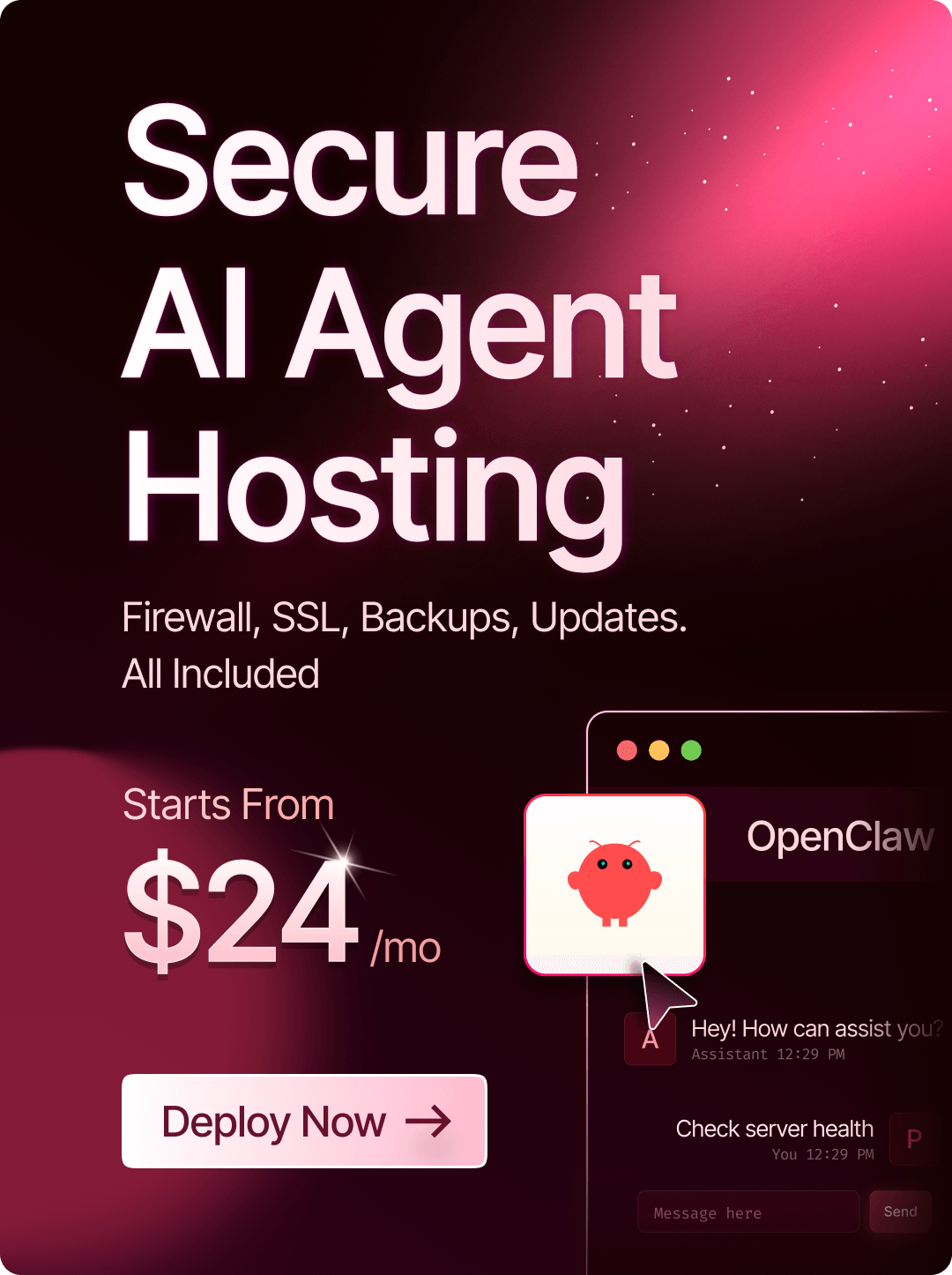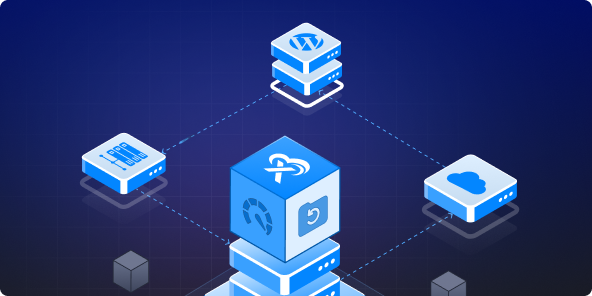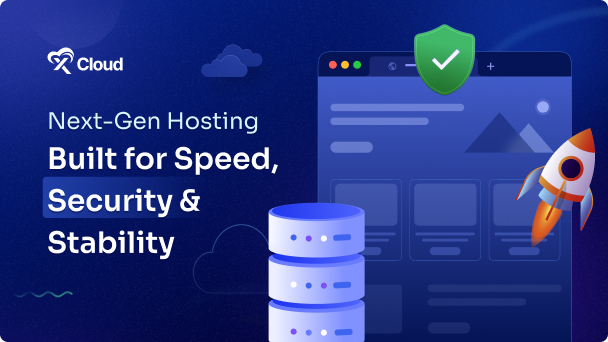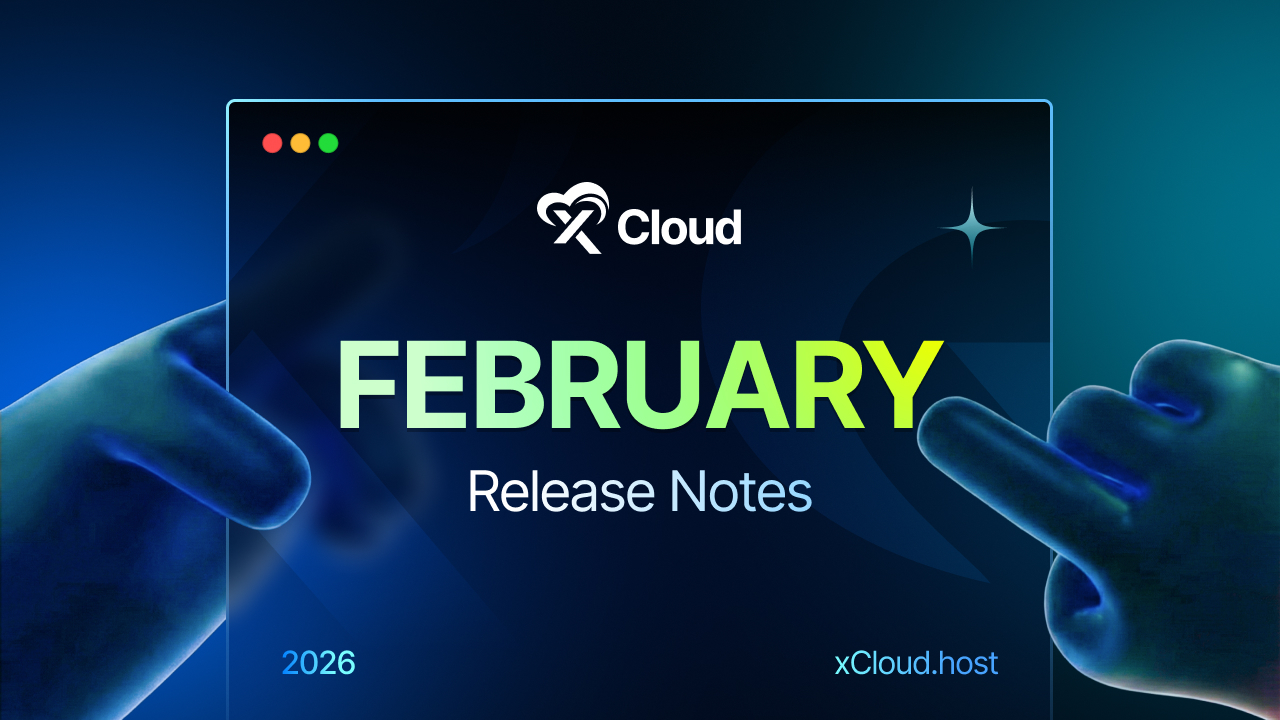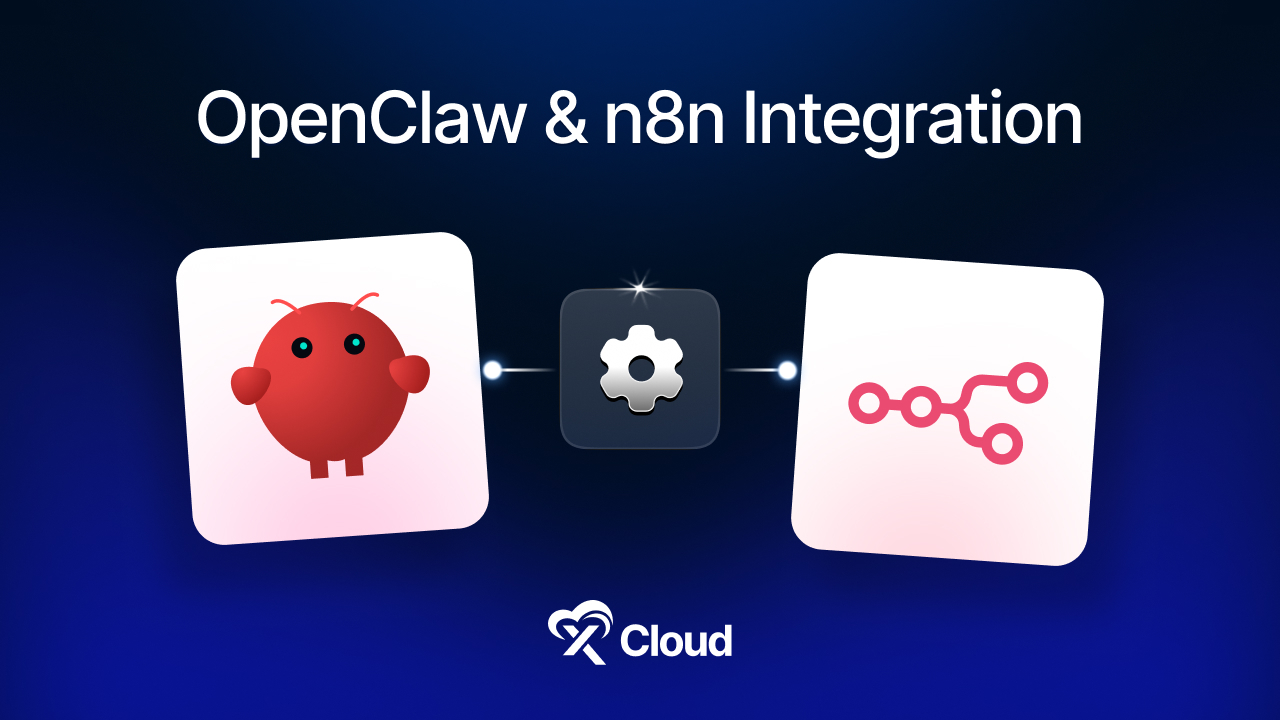Website downtime is more than just an inconvenience – it can seriously affect your business revenue, damage brand values, and more. One of the most effective ways to avoid these disruptions is to prevent DDoS attacks, a leading cause of unexpected outages. These attacks flood your site with fake traffic, overwhelm your servers and leave genuine visitors unable to access your website.

The good news? With the right strategies and tools, you can protect your website from these disruptive events. In this guide, we will explore actionable tips and highlight how you can prevent DDoS attacks and utilize xCloud hosting to help you stay protected against potential threats.
💡 What Are DDoS Attacks, And Why Should You Worry?
Before knowing the basics and advanced details to prevent DDoS attacks, let us first understand what DDoS attacks are and why they are so dangerous. A DDoS attack uses a network of compromised devices, commonly called botnets, to flood your website with an immense amount of traffic. As a result, your server fails to differentiate between real visitors and fake ones. And, it gets overwhelmed.
This overload can cause website downtime, slow performance, and even data breaches, ultimately damaging your site’s reputation and usability.
Here is why DDoS attacks are a big deal:
- Server Overload: Once you are affected by DDoS attacks, your server resources get maxed out. This will lead to server crashes and all of your sites on that server will be down.
- Website Downtime: Downtime means visitors do not have access to your website. It disrupts your business operations and customer experience, potentially leading to lost revenue.
- Poor User Experience: Even if your site does not crash completely, it might become painfully slow. If this is the case, your visitors will not stay long on your website and move to another competitor.
- Hard-to-Spot Traffic: Experienced attackers use botnets to copy legitimate traffic, making detection challenging.
🤖 The Fallout of a DDoS Attack

No business, whether big or small, is immune to the aftermath of a DDoS attack. These attacks do not just affect your website’s technical performance; they can undermine the very foundation of your business operations. From financial setbacks to the loss of customer trust, the repercussions can be widespread and long-lasting.
- Revenue Loss: For online businesses, every second of downtime means lost sales or missed opportunities. For instance, an eCommerce site experiencing downtime during peak shopping hours could lose thousands, if not millions, of dollars in potential revenue. Beyond immediate losses, recurring outages could drive customers to competitors, further impacting long-term profitability.
- Reputation Damage: Frequent outages frustrate users, leading to a loss of trust. If visitors experience slow loading times or find your website unavailable, they are less likely to return. Worse, dissatisfied users might voice their frustration on social media or review platforms, damaging your brand’s public image.
- High Recovery Costs: Fixing the damage often requires investing in specialized tools or services. These costs include hiring cybersecurity experts, upgrading server infrastructure, and purchasing advanced mitigation solutions. For small businesses, such expenses can affect already limited budgets and make recovery even more challenging.
- Legal Trouble: If sensitive data is compromised, you might face regulatory fines and lawsuits. Data breaches resulting from a DDoS attack can trigger compliance issues with privacy laws like GDPR or CCPA. The legal aftermath can include hefty fines, legal fees and potential settlements.
- Customer Dissatisfaction: Even temporary disruptions can destroy customer satisfaction. Today’s users expect seamless digital experiences, and any delay or inaccessibility can push them toward competitors. Rebuilding trust after such incidents can be a slow and uphill battle.
Clearly, you must prevent DDoS attacks to safeguard your website and maintain smooth operations. A comprehensive approach that combines robust hosting solutions like xCloud with proactive security measures can help mitigate these risks and ensure your business remains resilient in the face of evolving threats.
🔐 How xCloud Hosting Protects You from DDoS Attacks

Protecting your website from DDoS attacks requires not only vigilance but also the right technology stack. With cyber threats becoming increasingly sophisticated, relying on traditional methods is no longer enough. This is where xCloud hosting comes into play with a comprehensive suite of security measures specifically designed to combat DDoS attacks and other malicious activities.
By leveraging advanced tools and automated defenses, xCloud hosting offers an impressive suite of security features to prevent DDoS attacks and keep your website running smoothly. Here is a closer look at the tools they provide:
1. Firewalls for Traffic Filtering
xCloud’s Linux Uncomplicated Firewall (UFW) acts as your first line of defense, blocking malicious traffic before it even reaches your site. With intelligent filtering of suspicious activity and IP banning via Fail2Ban, xCloud makes it harder for attackers to overwhelm your server.
2. Automatic Security Updates
Keeping your server and WordPress site updated is crucial to patching vulnerabilities. xCloud ensures updates are applied automatically, protecting your website from potential exploits without any extra effort on your part.
3. Advanced Web Application Firewall (WAF)
xCloud integrates robust WAF solutions to inspect incoming traffic and block harmful requests. This additional layer of protection ensures your website remains accessible to legitimate users even during an attempted attack.
4. Real-Time Vulnerability Scanning
With xCloud’s vulnerability scanner, powered by Wordfence, you can proactively identify and fix weaknesses in your themes, plugins, or core files. While this feature does not directly block DDoS attacks, it plays a vital role in reducing vulnerabilities that attackers often exploit to launch such attacks.
For example, compromised plugins or outdated software can be used as entry points to inject malicious scripts or create backdoors. By addressing these security gaps promptly, you make it harder for attackers to leverage your system for a DDoS campaign or any other malicious activity. Spotting these issues early can make all the difference in maintaining a robust and secure website environment.
5. Extensive IP Management
With xCloud, managing IP access has never been easier. You can now seamlessly whitelist or blacklist IP addresses directly from your dashboard. This ensures that only trusted users can access your site while blocking harmful IPs.
6. Secure File Transfers with SFTP
To further reduce vulnerabilities, xCloud enforces SFTP and SSH protocols, eliminating risks associated with less secure file transfer methods like FTP. While this does not directly block DDoS attacks, it minimizes the chances of attackers accessing your server via insecure file transfer methods.
By ensuring that data exchanged between your computer and server is encrypted and secure, you protect sensitive credentials and prevent attackers from planting malicious scripts or altering server configurations. This proactive step strengthens your website’s overall security posture, indirectly reducing the risk of becoming an easy target for DDoS attempts.
🔧 Extra Steps to Secure Your Website
While xCloud provides powerful DDoS protection, adding extra layers of security can go a long way. Here are a few additional tips:
- Use SSL Certificates: Encrypt data exchanged between your site and visitors to safeguard sensitive information.
- Enable Two-Factor Authentication (2FA): Add an extra layer of login security for extensive DDoS protection.
- Disable Unused Features: If your site doesn’t need XML-RPC, disabling it reduces attack surfaces and minimizes vulnerabilities.
🚀 Utilize xCloud & Prevent DDoS Attacks with Confidence
DDoS attacks might sound intimidating, but with the right tools and strategies, you can protect your website and maintain its performance. xCloud’s comprehensive security features to prevent DDoS attacks, from firewalls to automated updates and advanced DDoS mitigation, make it easier than ever to stay secure.
Take action today to prevent DDoS attacks and keep your WordPress site online, fast, and safe for visitors. A proactive approach not only shields you from downtime but also builds trust with your audience, ensuring your website remains a reliable destination.
If you have found this blog helpful, feel free to subscribe to our blogs for valuable tutorials, guides, knowledge, and tips on web hosting and server management. You can also join our Facebook community to share insights and engage in discussions.








